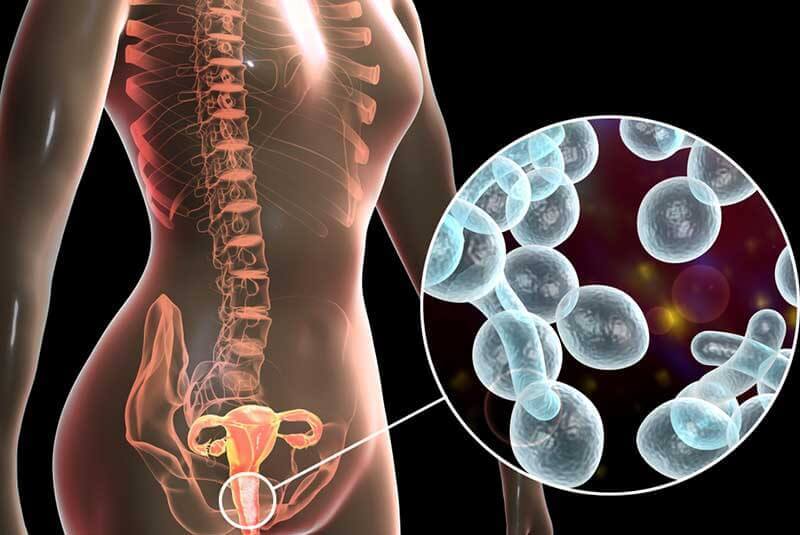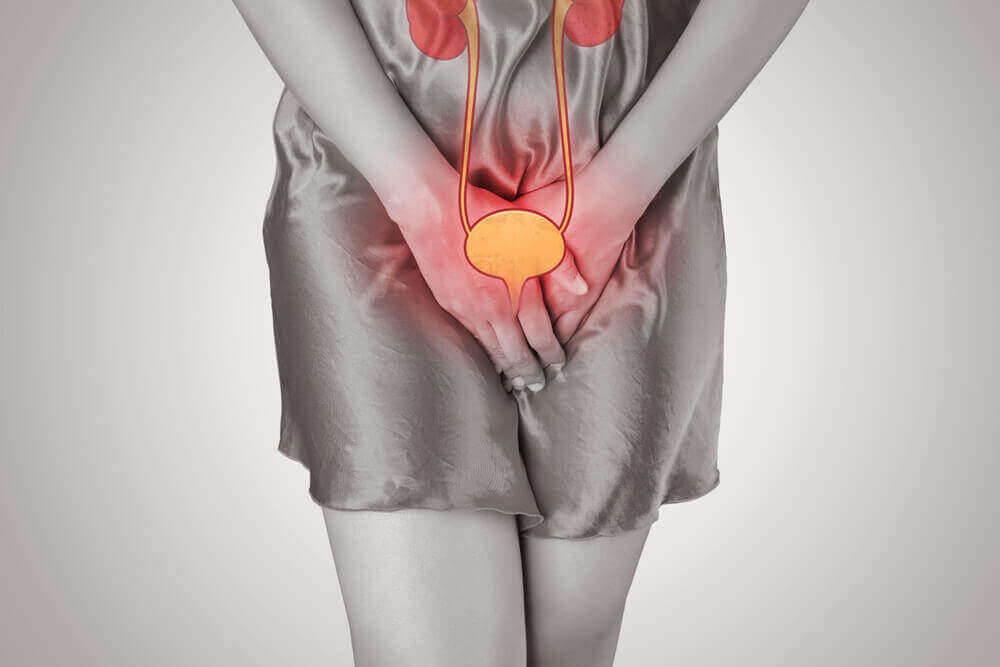5 Causes and 5 Symptoms of Vulvitis


Written and verified by the doctor Maricela Jiménez López
Vulvitis is inflammation of the vulva. It usually occurs as a result of the use of perfumed soaps when washing private parts, although this isn’t the only possible cause. It can also occur for other reasons, such as irritations, injuries and allergies. Read on to learn about the symptoms of vulvitis.
Depending on the cause, vulvitis can cause different types of discomfort.
Genital herpes, vaginitis and yeast infections can cause (among other symptoms) vulvitis. And according to Dr. Oluwatosin Goje, constant contact with urine and feces can cause chronic vulvitis (as can happen in women who are incontinent or bedridden).
If you think you have vulvitis, the best thing to do is to have a gynecological check-up to detect the cause and take appropriate measures.
Causes of vulvitis
Your private parts are incredibly delicate. So, there are many factors that can affect the area. There are several reasons why this swelling can happen. The most important are:
1. Contact dermatitis
Contact dermatitis usually causes burning and itching. However, you can stay calm because this isn’t an infection. Rather, this happens when your skin comes into contact with irritating substances and becomes inflamed. These can be:
- Soaps
- Feminine hygiene products
- Vaginal douches
- Condoms
- Spermicides
- Scented toilet paper
- Tampons
2. Sexually transmitted infections
For example, herpes, gonorrhea, and chlamydia are three diseases that can cause vulvar infections.
These diseases usually cause issues like:
- Itching
- Burning when urinating
- Pain
- Intense secretions that can be yellow, green or grey with a strong smell.
Read more: How Can Women Protect Themselves from STDs?
3. Vaginal mycosis
Vaginal mycosis is another one of the most common causes of vulvitis. This is an infection caused by yeast that can cause genital itching and thick secretions.
Fortunately, yeast infections can be treated very easily with antibiotics. In some cases, over the counter yeast treatments are enough. In more severe cases, your doctor should prescribe a specialized medication.

4. Bacterial infections
The bacterial flora in your body is beneficial because it helps strengthen your immune system. However, certain bacteria can excessively multiply and cause vulvitis. Unfortunately, this can happen when you use antibiotics. While they not only get rid of the bacteria that are causing the issue, they also affect your bacterial flora.
For example, bacteria that cause this condition are:
- Streptococcus
- Gardnerella
- Staphylococcus
Also, bacterial vulvitis is accompanied by a white or greyish fluid. This tends to have a fishy odor.
5. Low levels of estrogen
Levels of this hormone naturally get lower as time goes on. This isn’t a common cause. However, some women develop this condition as a result of low estrogen levels.
Those who suffer from this problem can have occasional pain in the area and vaginal dryness. Because of this, it’s likely that they will have some problems during sex.
Symptoms of vulvitis
The symptoms that tell you that you’re suffering from this condition are rather varied.
1. Burning
One of the most irritating symptoms of vulvitis is burning. Notably, this feeling is more evident when you urinate and after sex. Also, this burning can get worse when you’re about to start your period.
2. Reddening of the vulvar area
This is caused by increased blood flow in the capillaries. Also, this symptom usually comes with swelling and increased vaginal secretion. You’ll notice it because rubbing of clothes or movements when walking will cause a more discomfort than usual. It’s important that you don’t scratch or apply any remedy that isn’t given to you by your doctor.
3. Painful sex
An activity as pleasant as having sex with your partner can become really uncomfortable if you have this condition. This happens because the skin rubbing together can worsen the redness and swelling. If you find that it’s too hard or fast, you’ll feel a deep pain.
4. Pain while urinating
Feeling pain, burning, or itching while urinating isn’t common or normal. Usually, this may happen when you have problems with your kidneys. However, it can also happen when you suffer from vulvitis. To figure out which is the cause, you just need to see if you have other symptoms of vulvitis.

Did you know? 5 Natural Ways to Relieve Pain during Urination
5. Irregular discharge
The last of these symptoms of vulvitis is having different discharge than normal. All women have a certain amount of this fluid. This is part of their body’s hygiene mechanisms. This is a clear fluid, and it doesn’t have a bad color or smell. In contrast, the fluid caused by vulvitis is distinct and comes in larger amounts. Its smell also will change and be a little unpleasant.
Visit your gynecologist as soon as you notice these changes
We recommend not falling into the trap of turning to douches in order to try to get rid of the signs of irregular discharge. Instead, visit your gynecologist so that they can see if the real problem is vulvitis. They can recommend the best treatment depending on the cause and how advanced the case is. While it’s not difficult to treat, you shouldn’t self-medicate.
All cited sources were thoroughly reviewed by our team to ensure their quality, reliability, currency, and validity. The bibliography of this article was considered reliable and of academic or scientific accuracy.
- McCormack, W. M. (1990). Two urogenital sinus syndromes. Interstitial cystitis and focal vulvitis. The Journal of reproductive medicine, 35(9), 873-876.
- McKay, M. (1991). Vulvitis and vulvovaginitis: cutaneous considerations. American Journal of Obstetrics & Gynecology, 165(4), 1176-1182.
- Peckham, B. M., Maki, D. G., Patterson, J. J., & Hafez, G. R. (1986). Focal vulvitis: A characteristic syndrome and cause of dyspareunia: Features, natural history, and management. American Journal of Obstetrics & Gynecology, 154(4), 855-864.
This text is provided for informational purposes only and does not replace consultation with a professional. If in doubt, consult your specialist.








